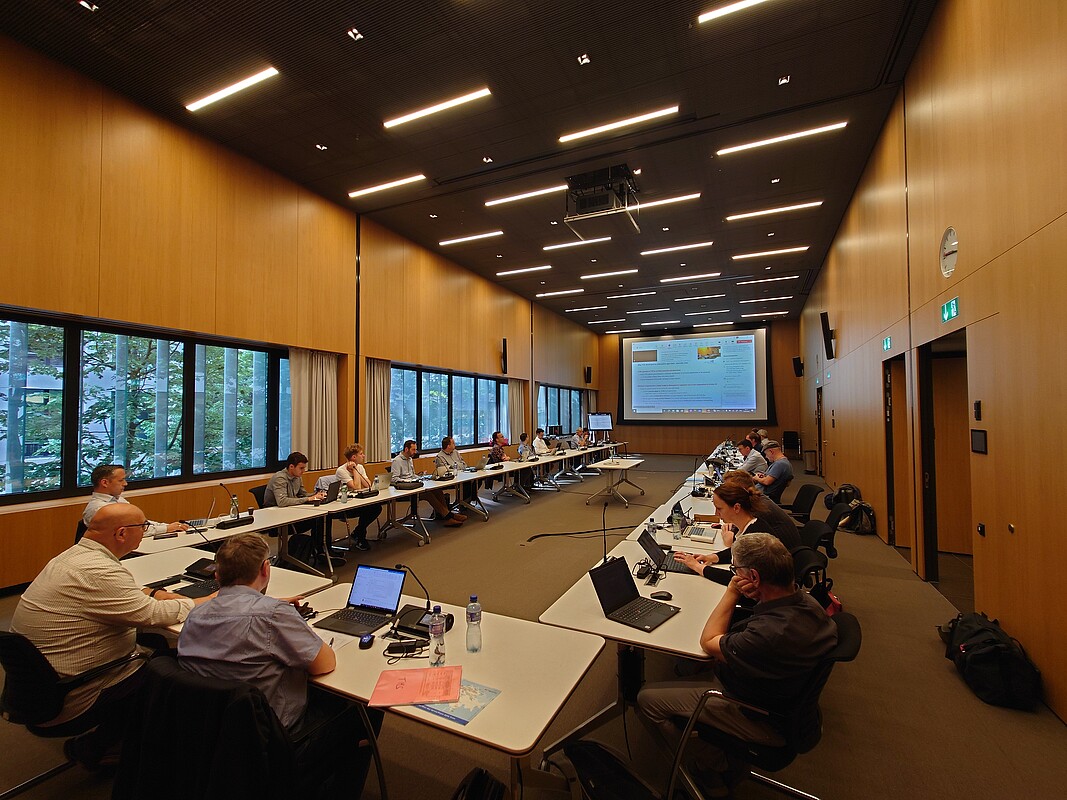Track works, also known as Temporary Capacity Restrictions (TCR), present significant challenges for Railway Undertakings (RUs). These maintenance activities are crucial for the upkeep of railway assets but can lead to re-routings, delays, and even cancellations of trains. The impact of these disruptions can severely undermine customer trust in the rail system. Effective international coordination between infrastructure managers and affected RUs is essential to minimise the negative consequences of track works. Recognising these challenges, FTE members have prioritised the improvement of the re-planning process for timetables, the so called 'RUN' part, to enhance the to enhance the timetable stability of the international trains running through several countries in Europe thus increasing the competitiveness of rail transportation compared to other modes.
To address the need for reliability in the market, passenger and freight RUs have held three workshops from October 2023 through April 2024 to explore a new approach. These workshops served as platforms for discussions, where participants exchanged ideas to better serve the market's reliability requirements. Subsequently, basic concepts were presented to infrastructure managers in the Capacity Management Advisory Group in May 2024, co-chaired by FTE and RNE. This collaborative effort aimed to gather input and ensure coordination between RUs and infrastructure managers.
Building on the initial discussions, most recently a dedicated workshop was organised, bringing together 15 railway undertakings and 10 infrastructure managers. The workshop provided a vital opportunity for RUs and infrastructure managers to engage directly and analyse potential solutions. The primary objectives were to evaluate the feasibility of the proposed process from RUs' perspective and gather input from infrastructure managers’ experts to further refine the initial draft.
During the workshop, participants from both RUs and IMs unanimously agreed that designing solutions together and adopting a common sector approach would yield the best outcomes. Recognising the interconnected nature of the railway system, coordination and consultation among all stakeholders are essential steps to ensure on one side an efficient track works planning and execution, and, on the other, to guarantee reliable international well-harmonized replacement concept for passenger and freight transport. By aligning their efforts, RUs and infrastructure managers can minimise the impacts of disruptions and enhance the punctuality of rail services.
Benefits of improved coordination include:
1. Enhanced Reliability: By minimizing re-routings, delays, and resulting from track works, the reliability of rail services will significantly improve. This will contribute to building trust and confidence among customers, encouraging greater usage of the rail system.
2. Streamlined Communication: Improved coordination necessitates effective communication channels between RUs and infrastructure managers. Clear and timely information exchange will enhance reliability, leading to smoother operations.
3. Optimal Resource Allocation: Coordinated planning allows for efficient allocation of resources, reducing the impact of track works on overall operations. This ensures that maintenance activities are carried out in a manner that maximises service availability while minimizing disruptions.
4. Cost Optimization: Coordinated planning and execution of track works can help optimize costs for both RUs and infrastructure managers. By reducing the need for unplanned maintenance and associated disruptions, financial resources can be allocated more efficiently.
